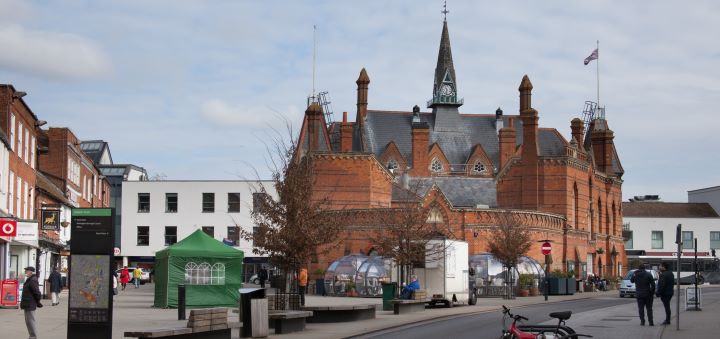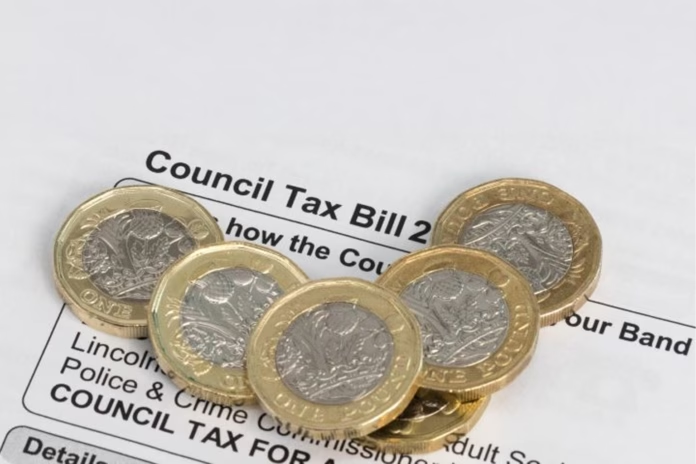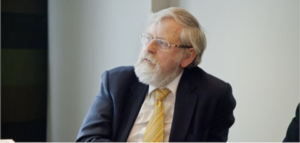The “broken system” of local government funding has “favoured” relatively prosperous areas over the past 13 years, according to research by consultancy LG Improve.
The research found that after the funding formulae for local authorities was “frozen” in 2011/12, council tax has become a large part of how councils have been funded. The data revealed that council tax is now worth 57% of councils’ spending power, and it was 61% three years ago.
At the launch of the data, Dan Bates, director at LG Improve, said that an over-reliance on council tax to fund frontline services has allowed the least deprived areas to have bigger spending power increases. This has caused large disparities between the core spending power of councils in the poorest and wealthiest areas.
He said: “This has caused the broken system that we currently have because there hasn’t been a fair funding review for 10 years, which has meant that more prosperous authorities have got bigger increases in spending power than more deprived areas.”
However, Bates stated that over the past two years, the government has provided “recent boosts” to the most deprived councils’ spending power through social care funding. This has meant that the government has been able to “level up” over the past couple of years, but Bates argued that the agenda should be assessed over the last 13 years.
“The recent boosts to spending power that have come about because of social care have finally allowed government to be able to provide more funding, more spending power, to authorities in more deprived areas.
“If we look at social care grants, that’s the thing that has come in and enabled the government to be able to make up for the ‘council tax effect’ and it’s enabled the government to say that they have ‘levelled up’, but they’ve only done that over the last two, possibly three years.
“Therefore, my argument would be that if you look at the longer period, the change in spending power is still slightly favouring the least deprived areas,” Bates said.
Over the 13 years since the formula was last properly, fairly calculated and used, deprived areas have still lost out. Even though they’ve gained in the last few years, there’s still some catching up to do.
Room151’s Monthly Online Treasury Briefing
February 24 2023
Online
Public sector delegates – register here
Deprived areas ‘lost out’
The research used official figures and examined the annual changes in spending power for all top-tier councils since 2011/12.
Bates highlighted that the spending power of Knowsley Council, which was identified as having the highest needs of all local authorities in 2011/12, will have increased by £70 per head by 2023/24. However, in the same timeframe Wokingham Borough Council, the wealthiest local authority area, will have seen a rise of £273 per head.
“Over the 13 years since the formula was last properly, fairly calculated and used, deprived areas have still lost out. Even though they’ve gained in the last few years, there’s still some catching up to do.
“Really what we’re saying is we need a fair funding review because surely the government can’t keep throwing lots of money at it.”
—————
FREE weekly newsletters
Subscribe to Room151 Newsletters
Room151 LinkedIn Community
Join here
Monthly Online Treasury Briefing
Sign up here with a .gov.uk email address
Room151 Webinars
Visit the Room151 channel











